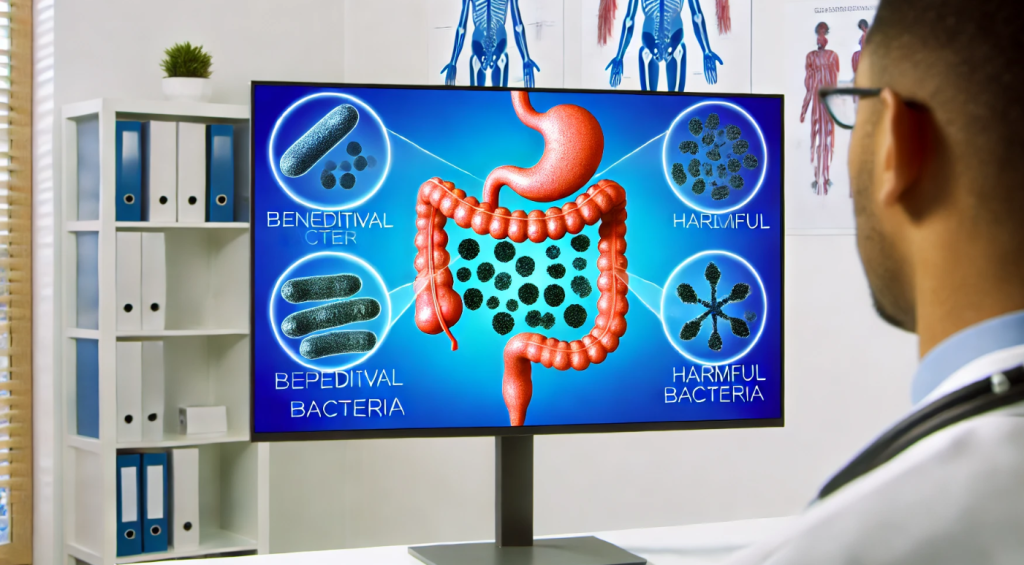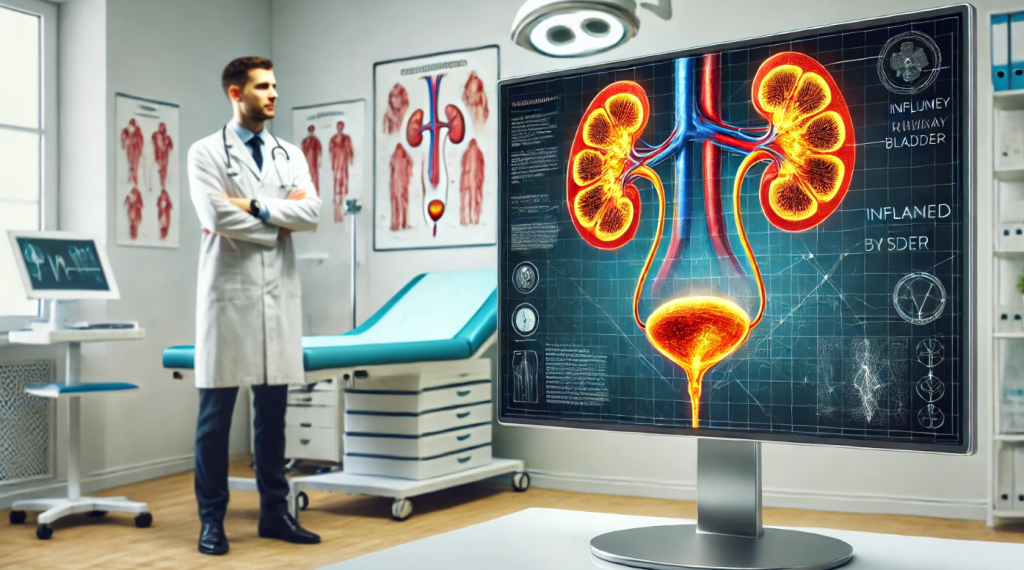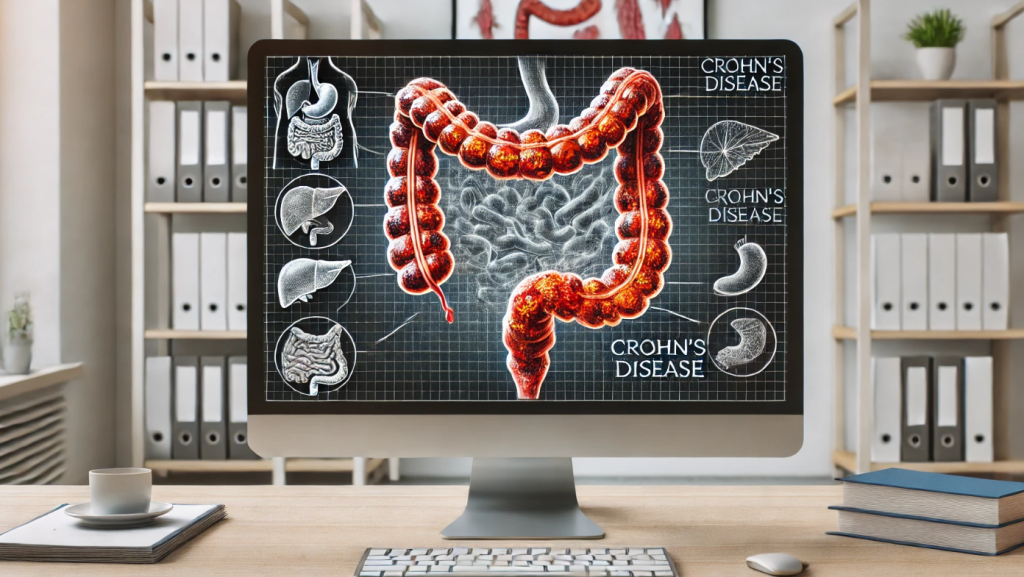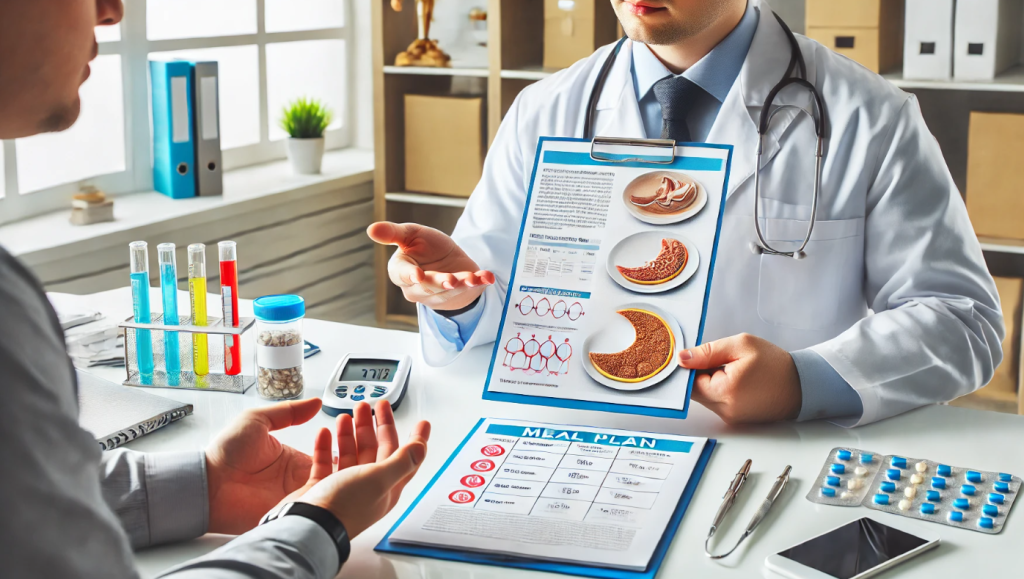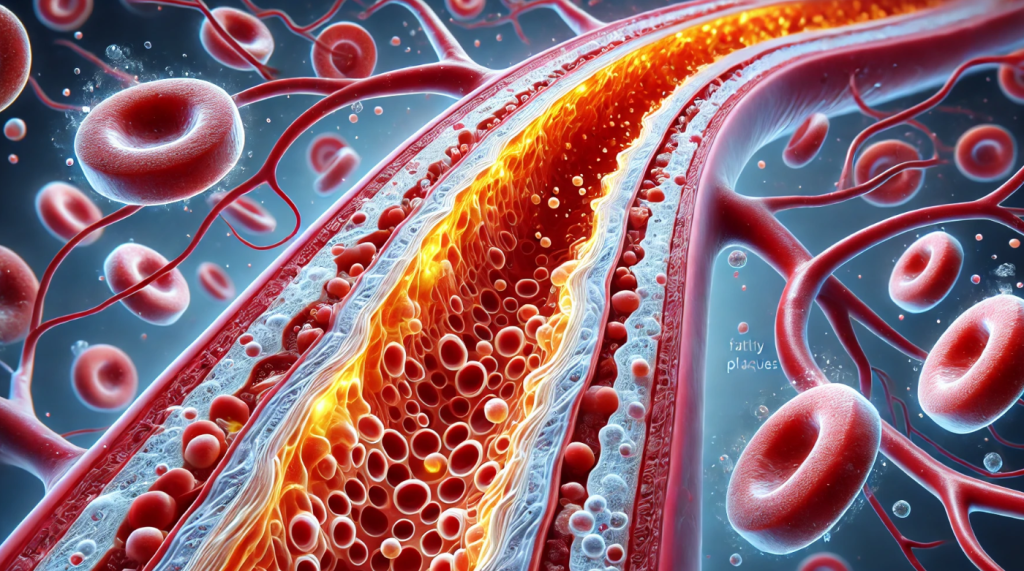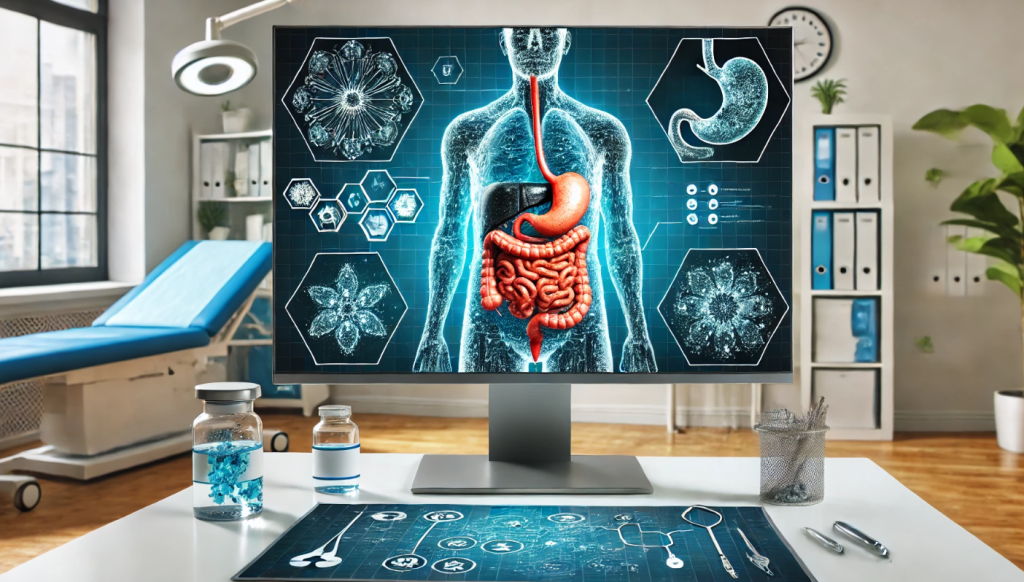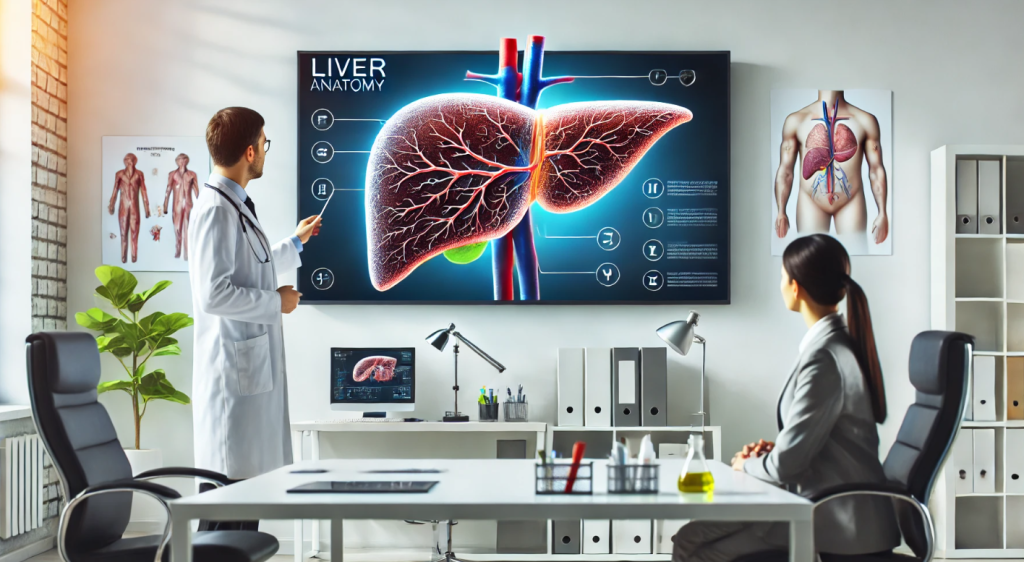Posted inDietology
Causes of Vitamin Deficiency
Vitamin deficiency (hypovitaminosis) is a condition where the body does not receive enough of one or more vitamins. This can lead to various dysfunctions in organs and systems. Understanding the causes of vitamin deficiency helps correct the problem in time and avoid complications. Main Causes of Vitamin Deficiency Poor DietOne of the main causes is a lack of vitamins in…

